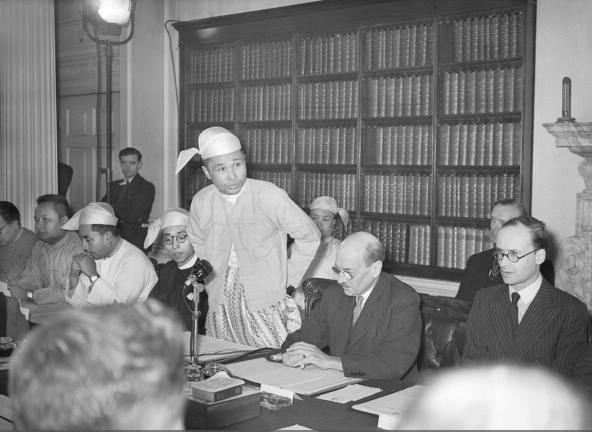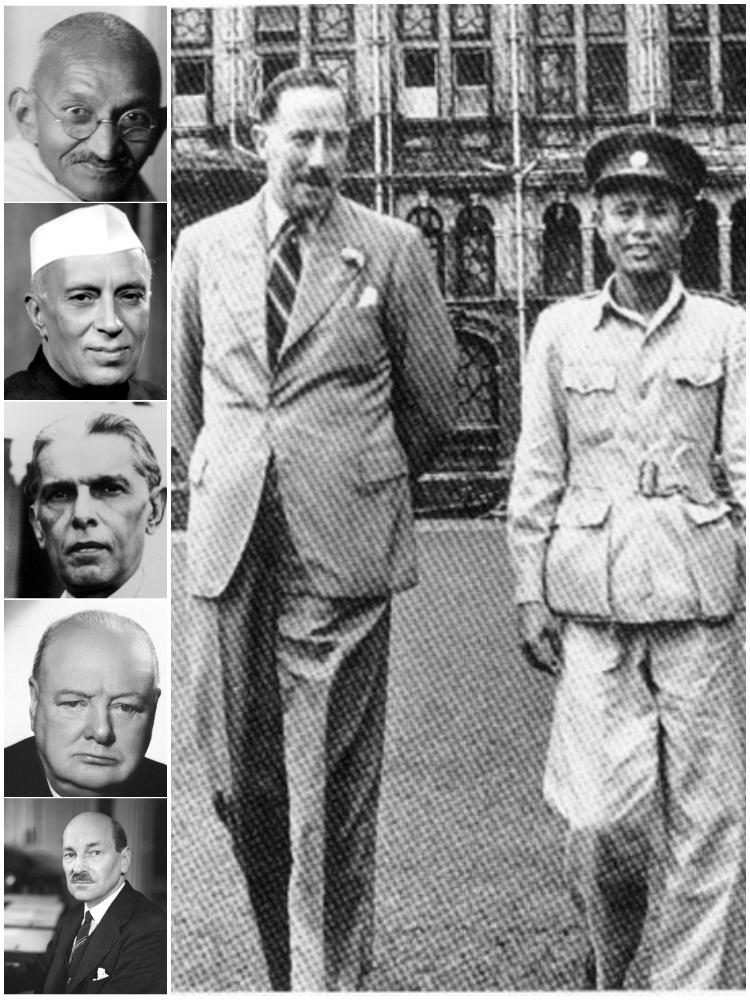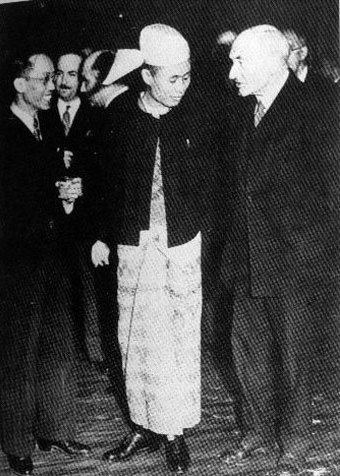Clement Attlee
Labour Party's Election Victory changed Burma's History
In July 1945, the Labour Party in the UK won a landslide victory over the Conservatives and Clement Attlee replaced Sir Winston Churchill as Prime Minister. Labour's election victory without a doubt changed the course of Burma's history. Prime Minister Attlee was committed to decolonization and within a year reversed earlier policies and began moves towards Burmese self-determination. By 1949, the Attlee government had granted independence to India, Pakistan, Burma and Ceylon. Attlee had visited Burma twice in the 1920s...
Read MoreUK's decision to quit Burma
On 20 December 1946, UK Prime Minister Clement Attlee informed the House of Commons of his government's intention "to hasten forward the time when Burma shall realize her independence, either within or without the Commonwealth". In other words, the UK had decided to quit Burma. Clement Attlee's Labour government were coping with severe and mounting economic challenges at home, and facing dire emergencies in India, Palestine, and Greece. Communal violence in India would soon claim the lives of millions. Palestine...
Read MoreAung San-Attlee Agreement
Between 13 and 27 January 1947 discussions took place in London between the British government of Prime Minister Clement Attlee and the visiting Burmese delegation led by General Aung San. These discussions led to the Aung San - Attlee Agreement. The Agreement stated as the "common objective" of its signatories "a free and independent Burma whether within or without the British Commonwealth Nations”. It called for elections to a Constituent Assembly "as soon as possible", and laid out many and...
Read More

